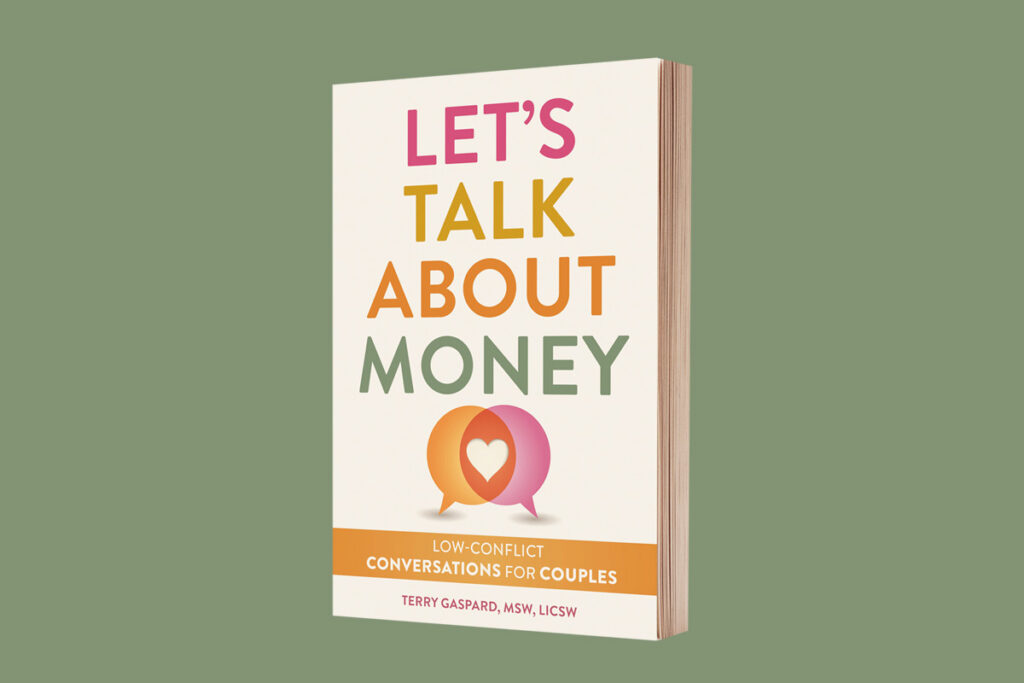If you haven’t been following along, we’ve spent the last few weeks on The Gottman Relationship Blog discussing Dr. Gottman’s Four Horsemen and their Antidotes in the context of self care. Last week, Zach introduced us to the third horseman: defensiveness. We continue the discussion today.
Defensiveness might seem like the cuddliest of the horsemen. It doesn’t attack… it didn’t mean it that way… and it certainly didn’t do anything wrong. It never does.
In reality, defensiveness is very complicated and not very cuddly, particularly because of its seemingly harmless and habit-forming nature. It is, after all, a natural response to perceived attack. We all know how easy it is to defend ourselves, even about being defensive!
When we allow ourselves to become routinely defensive in a relationship, we get used to handling problems by shoving them out of sight and out of mind. We deny their existence, and then proceed to directly/indirectly blame everything on our partner. Remember that when we are defensive, we respond to hearing about a problem with either righteous indignation, a counterattack, or by acting like an innocent victim. Let’s take a look at what victimization looks like:
“I don’t know what you’re talking about/It didn’t happen/It doesn’t exist.”
or
“It wasn’t me!”
Masters of relationships understand that looking the other way and denying the existence of a problem isn’t a passive action. Looking the other way doesn’t just happen. It is a very conscious decision to not – if you’ll pardon our French – give a hoot. If one partner directly or indirectly expresses not giving a hoot, all responsibility falls on the other. When we turn away, we might as well be saying, “You deal with it! Alone! I’ll be over here, minding my own business as usual.”
When we get defensive and say, “It wasn’t me!” it generally implies, “It was you!” This is easily conceptualized in the famous children’s rhyme, “Who stole the cookie from the cookie jar?”
Trouble is, finding someone to blame doesn’t usually solve the problem (“Wasn’t me!” “Then who?”) By the end of the conversation, the cookies are still missing and someone doesn’t want them to be. This remains to be discussed both in the example and in the rhyme.
Giving in to the temptation to be defensive usually creates further conflict. So does a common variant: finding someone to blame in effort to achieve immediate relief from stress.
These coping strategies certainly provide no opportunity for productive connection. They don’t allow us to join together as a team to solve the problem – to look for missing cookies or discuss a difference in perspectives, needs, or boundaries. They prevent us from moving forward with a better understanding of each other.
The sobering truth is that, when we allow the horseman of Defensiveness to run free, we sign up for mutual unhappiness. Not taking responsibility is toxic to relationships. In abdicating responsibility, we actively choose not to take care of each other.
We practically ensure that no one’s needs get met, making life harder not only for our partners but for ourselves. We perpetuate mutually destructive relationship patterns. This is not self care.
What can we do differently? What do Drs. John and Julie Gottman have to say about all this? In our next posting, we’re lucky to hear directly from them, so stay tuned!







